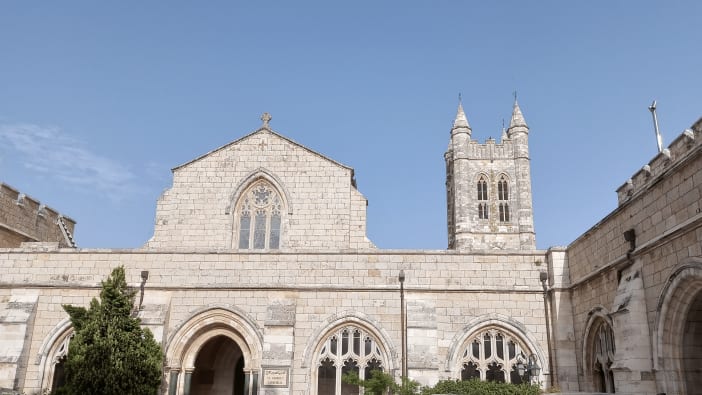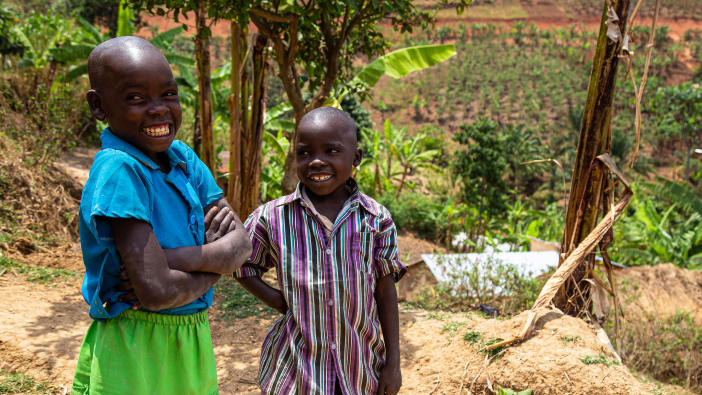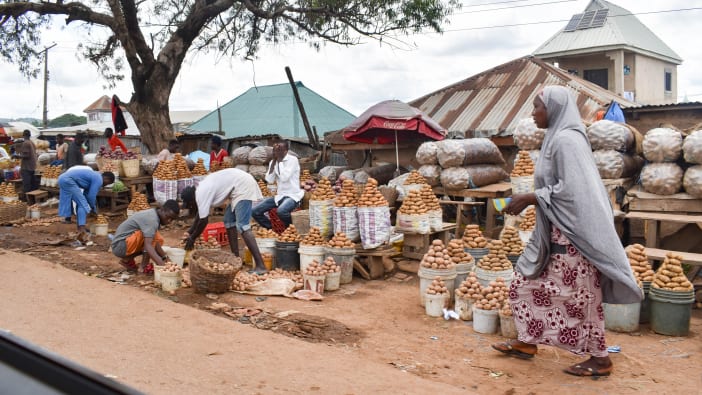Back in 2016, during South Sudan’s civil war, most parts of the country experienced violent conflict, including the village where Nyamai* and her five children live.
‘One evening, just when we had finished having our supper, armed men attacked us at our home and held us at gunpoint,’ says Nyamai. ‘We were ordered to lie down and not move. We immediately cooperated without any hesitation. But, one of the armed men, who happens to be our neighbour, was particularly violent towards my husband whom he accused of impregnating and disrespecting his daughter.
‘He questioned my husband about his daughter’s pregnancy, but before my husband could say anything, he shot at him, killing him instantly.’
Nyamai says the gunman threatened to rape her in front of her children, but he didn’t go through with it. Once the men had left, Nyamai’s eldest son called other neighbours to help, and Nyamai was able to bury her husband the next day.
Revenge attack plans
During the time of the civil war, even within communities, neighbours turned on each other and then revenge attacks, such as targeted killing, were common. As a result, most of the people in Nyamai’s area have experienced – or at least witnessed – horrific incidents that have caused lasting damage to their own wellbeing as well as ongoing divisions within their communities.
The incident left Nyamai’s family ‘terribly hurt and traumatised’, she says – especially because they knew the attacker very well and never expected that of him. She started to plan with her sons to avenge their father’s death, but they had not yet had the opportunity to carry them out when Tearfund’s community dialogue sessions started in the village.
Now, instead of seeking retribution, Nyamai has found the strength to offer forgiveness to the neighbour who murdered her husband in front of her and her children.












